Skip to content
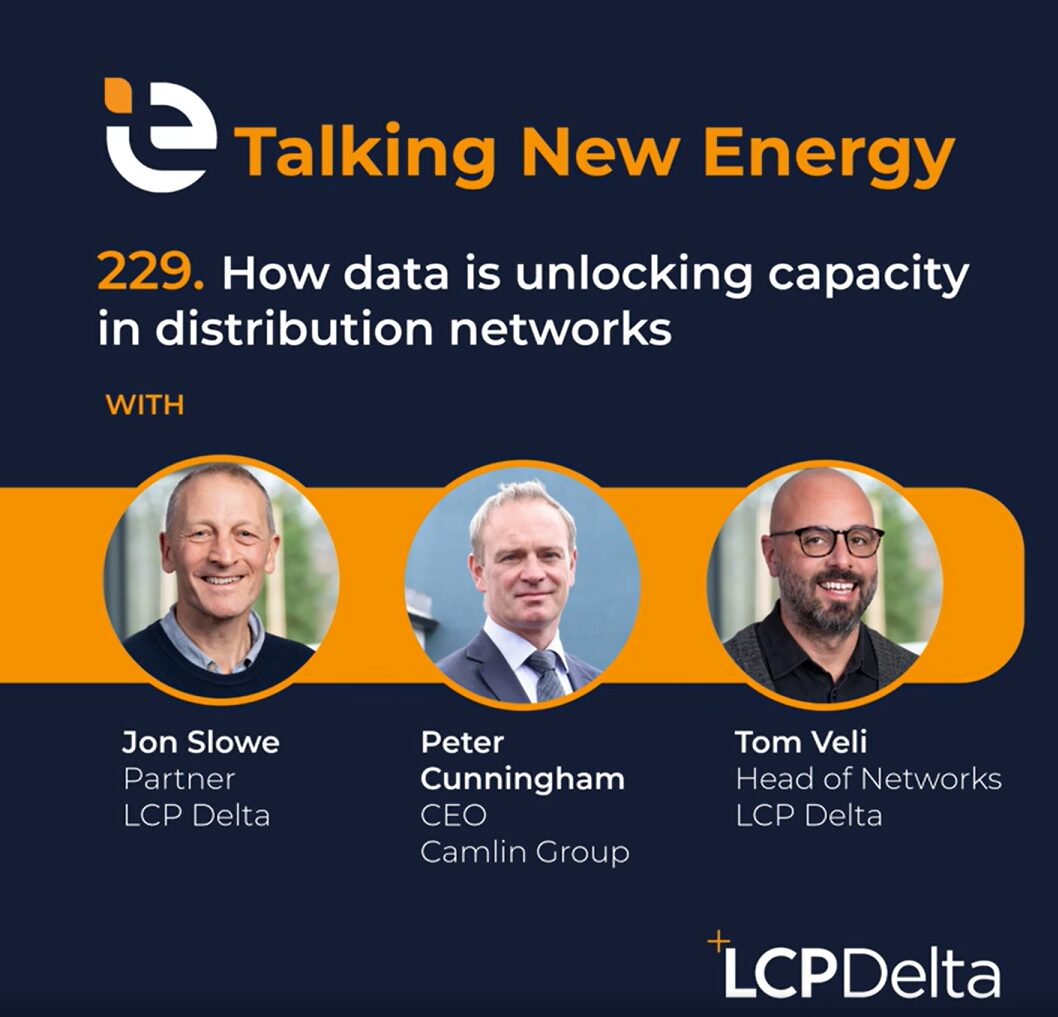
Insights
How Data is Unlocking Capacity in Distribution Networks
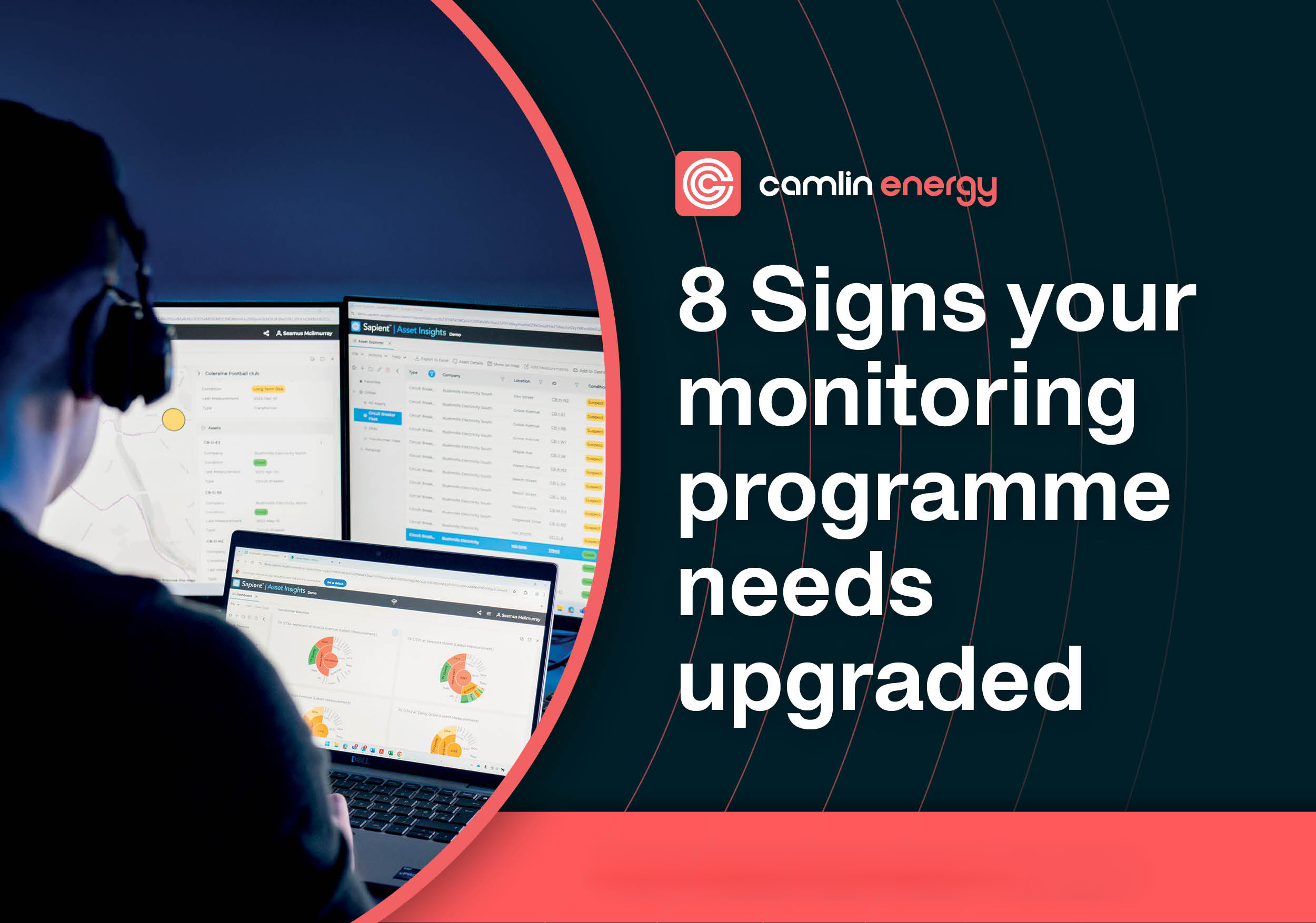
Insights
Energy
8 Signs you need to upgrade your monitoring strategy
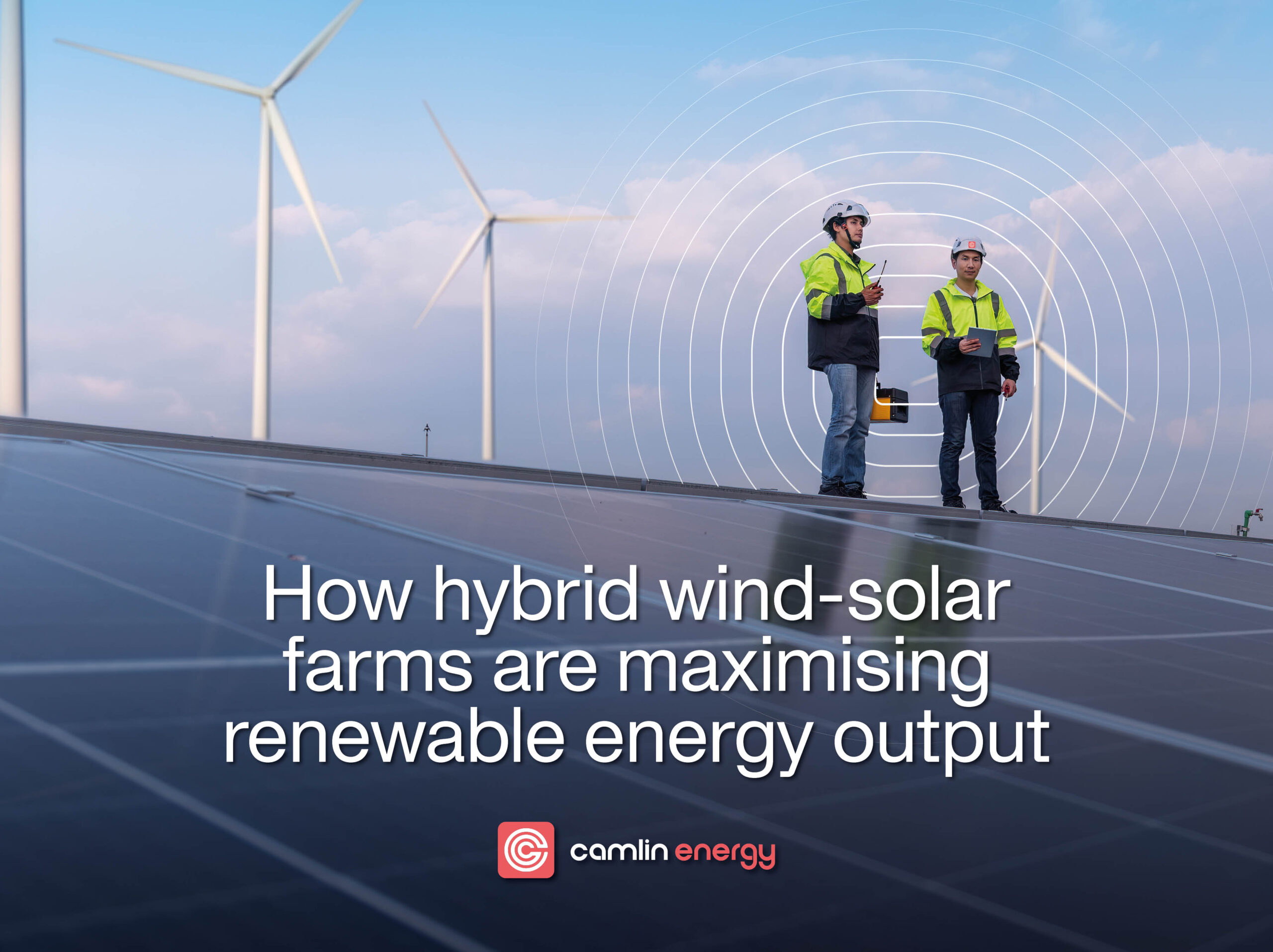
Insights
Energy
How hybrid wind-solar farms are maximising renewable energy output
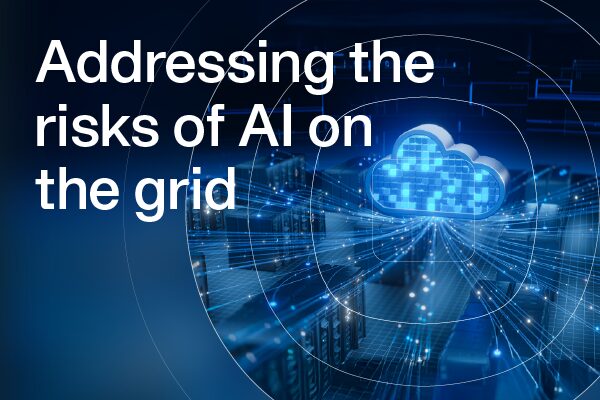
Insights
Energy
AI demand is redefining data centre resilience
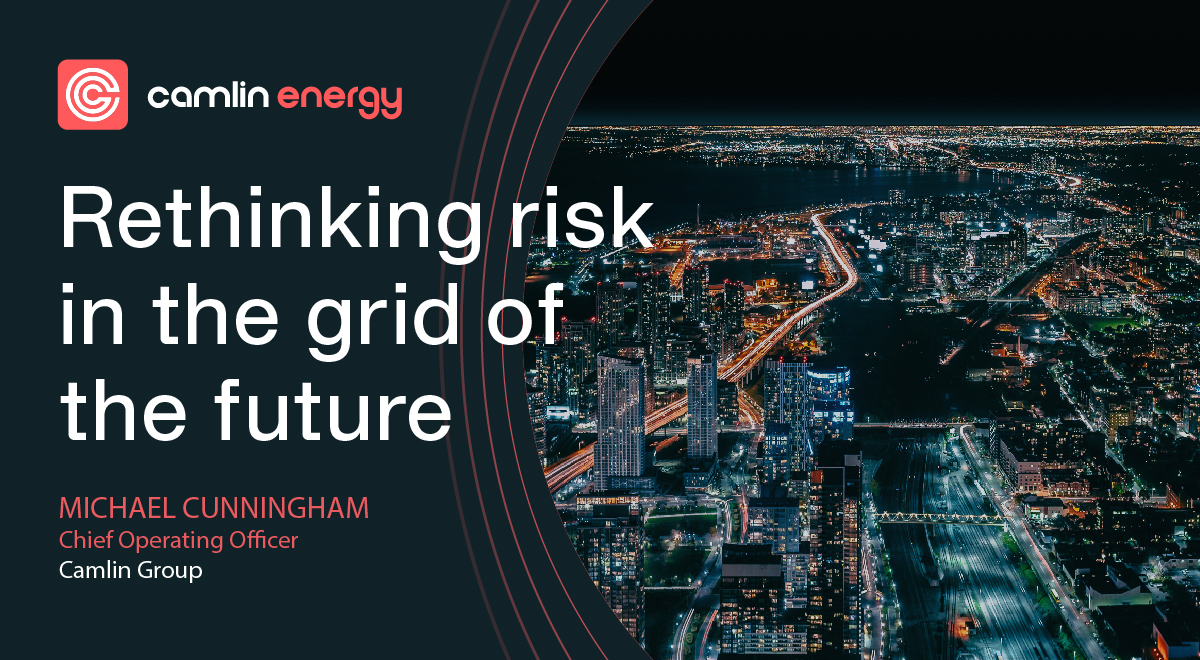
Insights
In a grid transforming faster than its models, the greatest risk is the one utility cannot see…
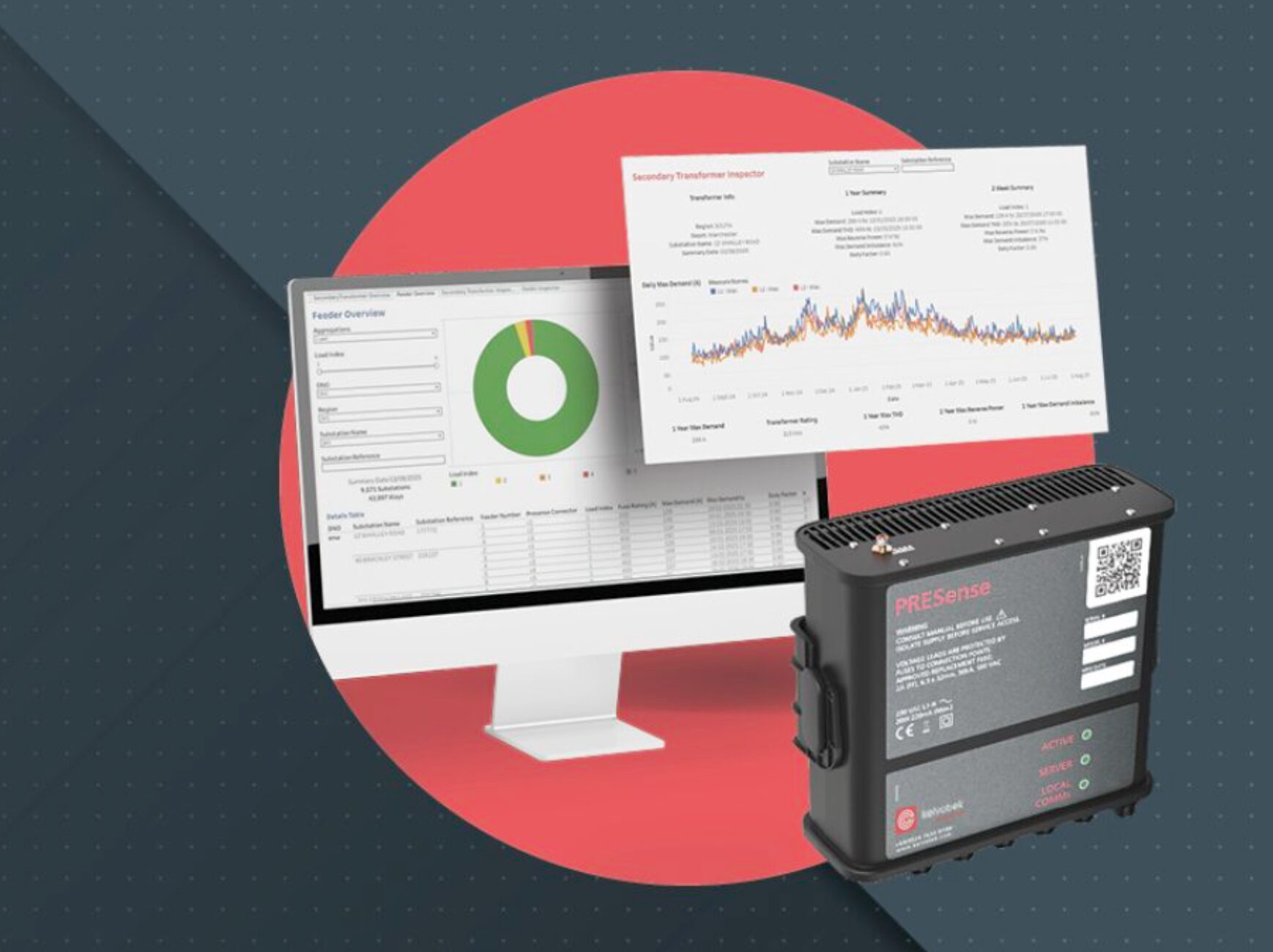
Insights
Energy
PRESense | Enabling a smarter network with load indices
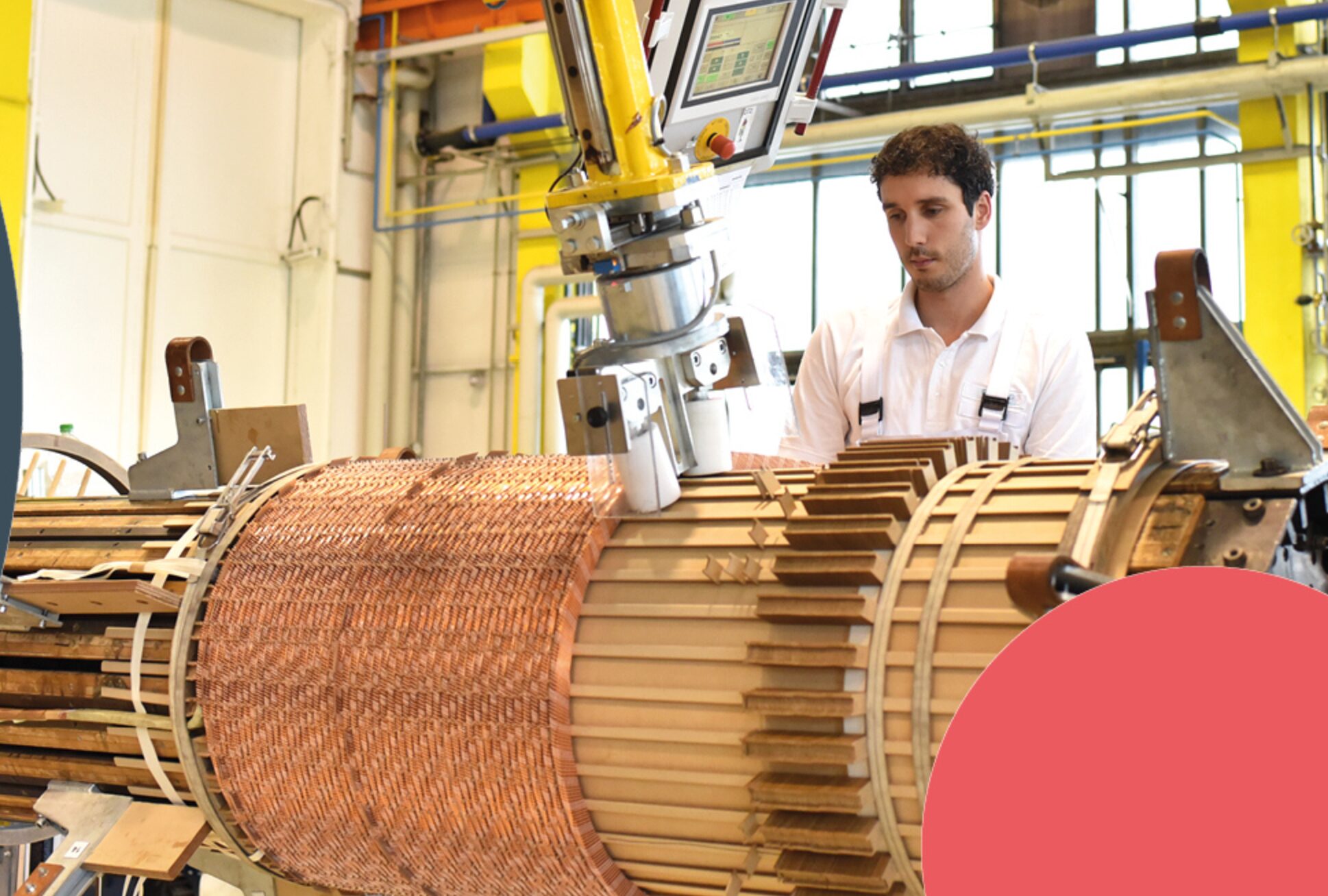
Insights
Energy
Transformer Insights: The key components in a transformer and why they fail
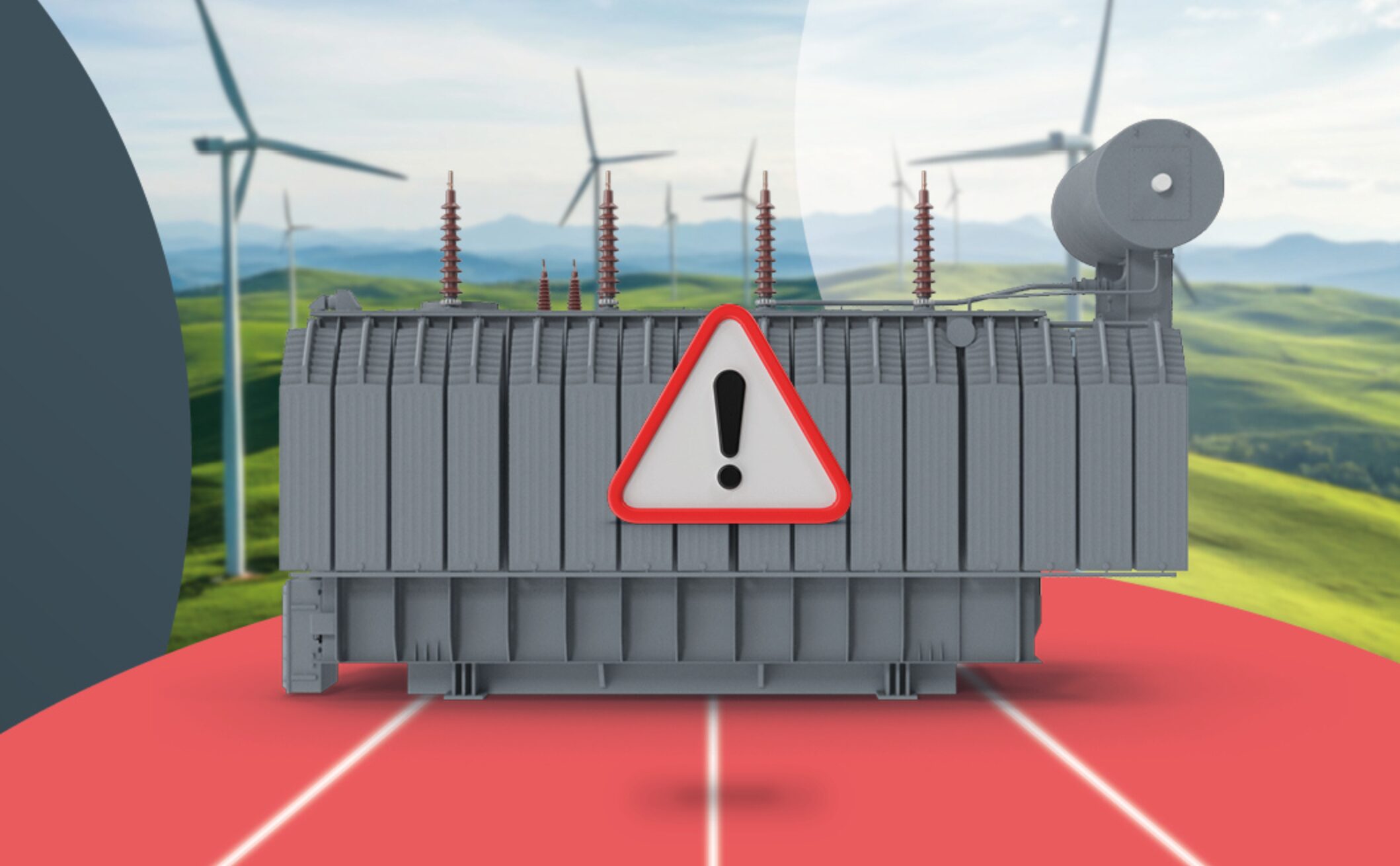
Insights
Energy
Transformer lead times: Why it matters to renewables energy producers
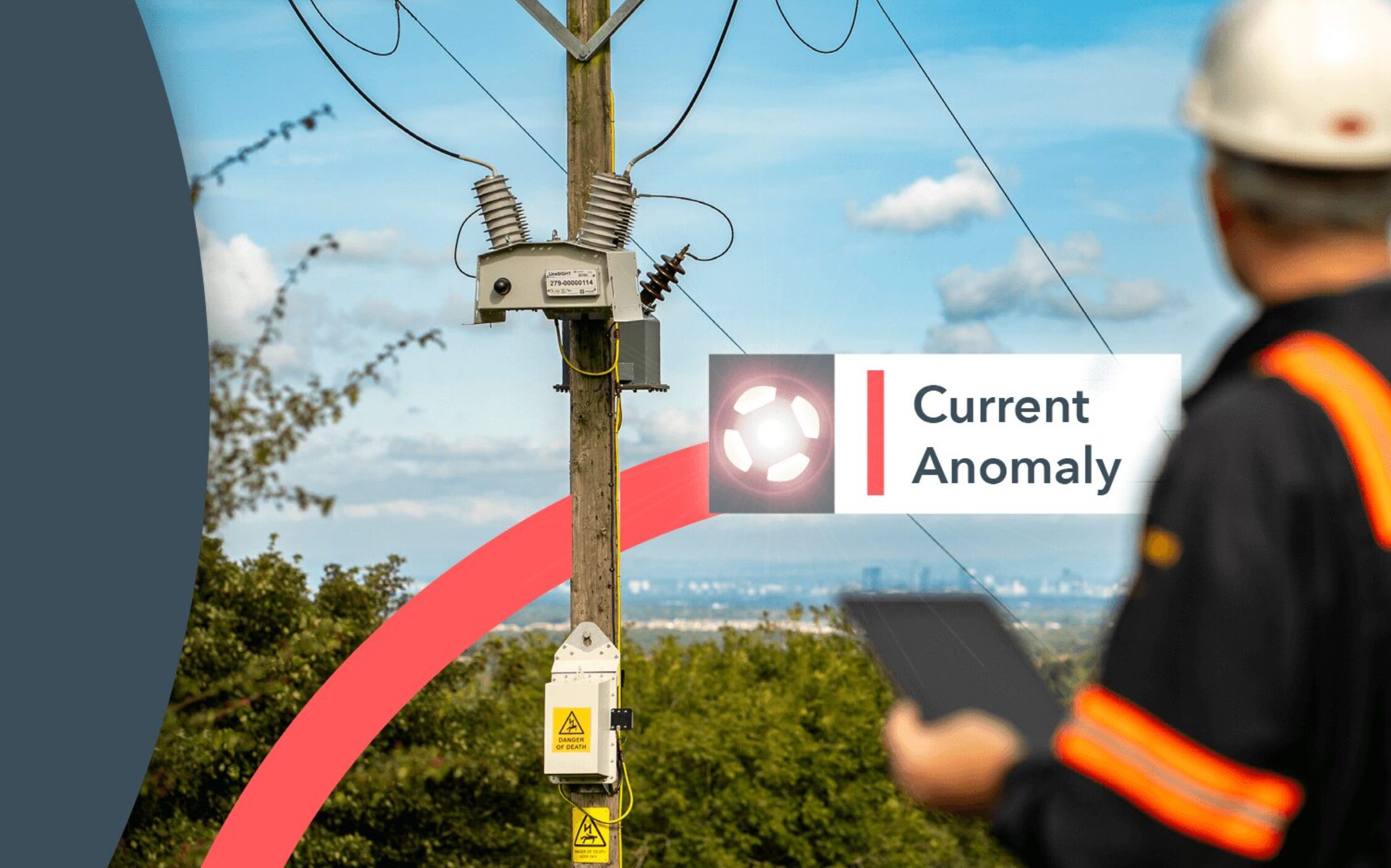
Insights
Energy
Electricity North West targets improved safety and resilience with LineSIGHT